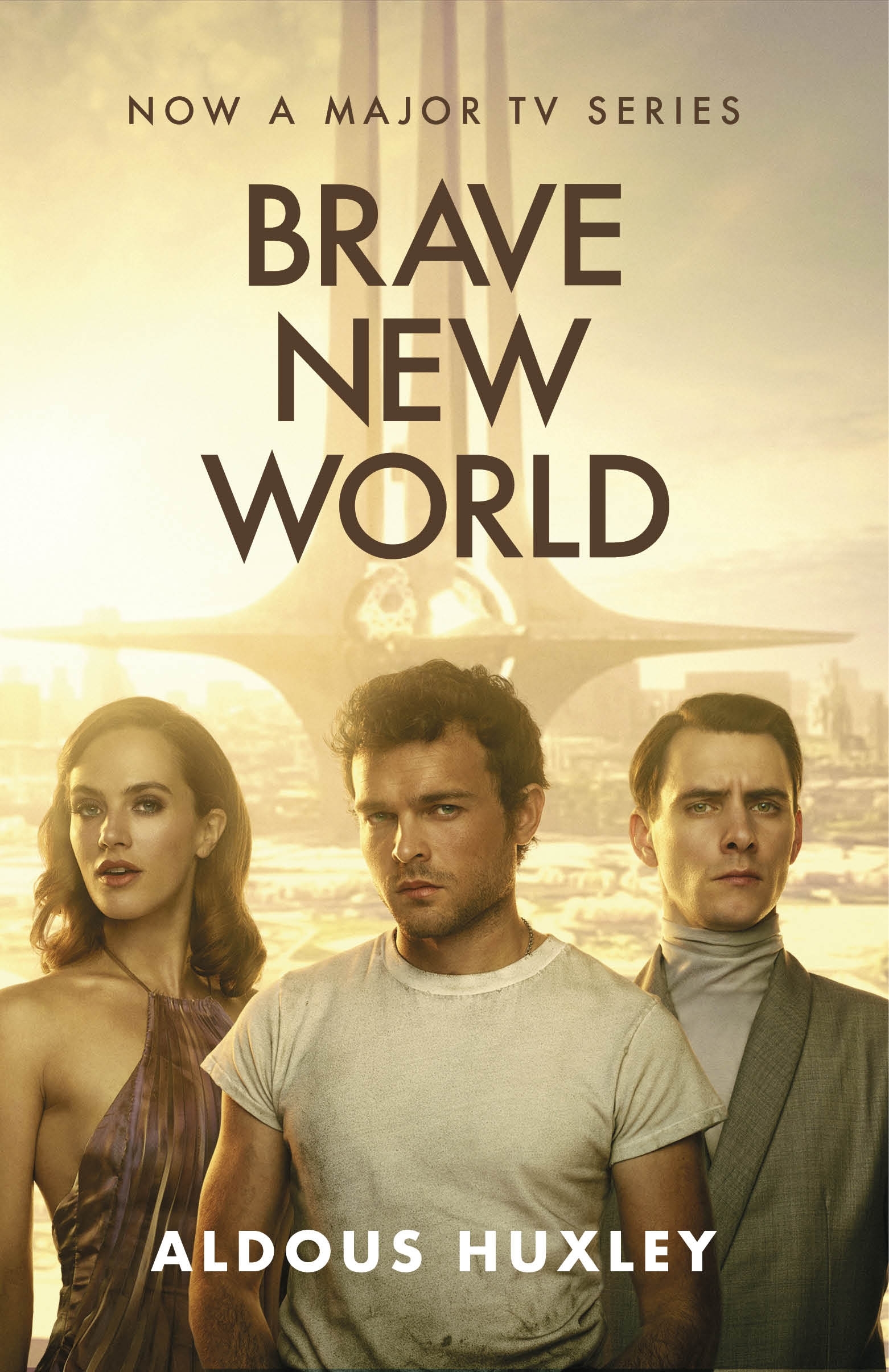
In this regard, Huxley’s essay is invaluable to help understand a widespread, mostly non-violent, yet totalitarian, style of government. Today’s populist politicians use the same tactics and have the same disdain for honesty and objectivity. Huxley provides a few - sometimes humorous - insights into our present political situation, by analysing the use of propaganda technology under the Nazi regime, in part inspired by the indoctrination machinery of the Holy Office in earlier times, and in part inherited by the advertisement industry in later times. This is an entirely accurate description of our occidental civilisation, ruled under the vast mass communication networks (TV and the Internet), manipulated in many ways as instruments of conditioning and as social intoxicants. 34).Įssentially, Brave New World depicts a society where power is exerted in the most despotic way, by feeding the people an evolved version of the Romans’ panis et circenses (feelies and orgy-porgy). But how these big controlling powers are expressed in Brave New World is almost the opposite of that of 1984: “In 1984 the lust for power is satisfied by inflicting pain, in Brave New World, by inflicting a hardly less humiliating pleasure.” (p. the control - and even despotism - of “Big Business” and “Big Government” over the whole of society, and the subsequent waning of individual freedom, creativity and happiness. Huxley mainly focuses on two significant problems of our present time: overpopulation and over-organization or “Will to Order”, i.e. Interestingly, Huxley also compares his predictions with that of Orwell’s 1984. What the author is trying to do here is to assess the validity of his novel’s predictions, about the socio-political situation of the 1950s and forward. He befriends the free-spirited Lenina and they plan a trip to America, which has been turned into a kind of enormous theme park where fancy types from New London can see how the old world lives.This book is a small political essay that is just as relevant today as it was at the time of its writing (1958), some twenty-five years after the publication of Huxley’s masterpiece.


Psychologist Bernard Marx (Harry Lloyd) finds the body, which jogs his well-honed emotional equilibrium. Luckily, it isn’t long before a corpse comes crashing into this serenity, when a worker grunt is found with his brains dashed on one of the spotless floors. Even the plentiful orgies look boring, so dinner parties must be a hoot. It’s a world of totalitarian uniformity and casual sex (New London, not the Olympics), where strong emotions are suppressed by a ubiquitous drug, Soma, individuality and monogamy are outlawed, and citizens are watched over by a nearly all-seeing AI. This is New London, and fittingly it is vaguely reminiscent of the CGI propaganda about how the Olympic Park would look once all the athletes had left.

Dressed in white and off-white clothing, Lenina Crowne ( Jessica Brown Findlay) and her colleagues stroll through airy concrete buildings decorated with the occasional pot plant.

That’s the vision presented by the opening minutes of Brave New World (Sky One), NBC’s megawatt adaptation of Aldous Huxley’s 1932 novel. In the future, high society will live in a leisure centre.


 0 kommentar(er)
0 kommentar(er)
